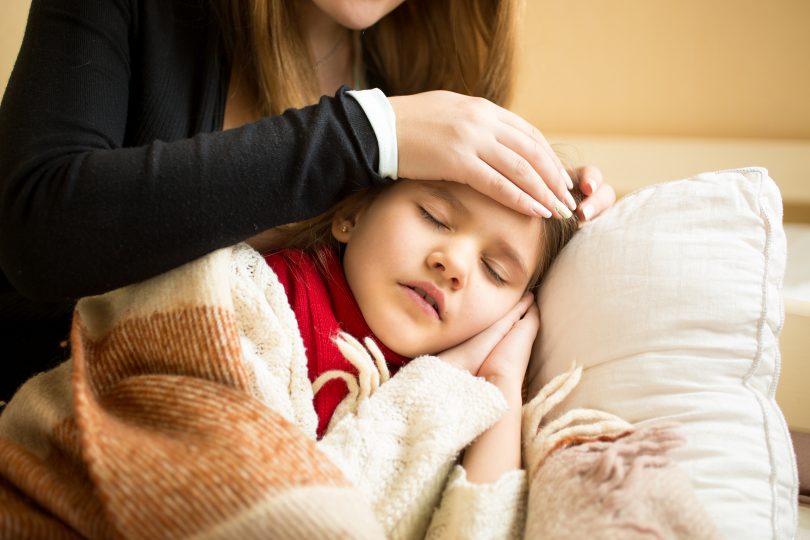Ever had a urinary tract infection?
Then you know exactly what that feels like.
Most of us don’t ever think about UTIs ever occurring in children, but it’s more common than you might think. About 5 out of every 100 children will experience a UTI during their growing-up years.
But don’t start pouring out glasses of cranberry juice (and fyi, research hasn’t shown that cranberries are effective against UTIs despite the widely held myth). UTIs in kids as well as adults are best treated with a visit to a physician, said Dr. Donna Moore, a pediatrician at the Children’s Hospital of Georgia. “Most UTIs will go away within a week after treatment by antibiotics, which are the gold standard,” she said.
Is it a UTI?
As adults, we usually can tell when we are experiencing a UTI. But even older children may find it hard to explain what they’re feeling. For both infants and children, signs of a UTI can include:
- Fever of 101 degrees or higher
- Fussiness
- Vomiting or diarrhea
- Urine with a strong smell
- Blood in the urine
- Urgency and frequency of urination (including bedwetting if children aren’t able to make it to the bathroom in time)
- Pain in the lower abdomen or back
Most UTIs are simple bladder infections, but in some cases, the infection can travel up to the kidneys, which are a greater concern. In either case, a visit to the doctor is recommended.
During your child’s visit, your doctor will take a sample of your child’s urine to see if bacteria that cause UTIs, such as E. coli, are present. “While the test doesn’t tell us if it’s a bladder or kidney infection, the culture gives us specific information on what kind of bacteria is causing the UTI, which helps us choose the right antibiotic treatment,” said Moore.
A very small number of UTIs could also be caused by a virus, and like any virus, must run its course. But supportive care in any case, such as Tylenol to reduce fever and pain, is also recommended.
No UTIs welcome here
Girls tend to be at higher risk for UTIs simply because of anatomy—especially if a caregiver doesn’t know to wipe an infant from front to back when changing a poopy diaper. “It’s all about the bacteria getting into the urethra, which is the tube that connects to the bladder,” said Moore.
Boys who are uncircumcised are at higher risk too in the first year of life. As boys and girls grow up, teaching good bathroom hygiene and cleanliness are one of the best ways to help prevent UTIs from happening.
But, did you know that potty training can increase your child’s risk for a UTI? UTIs can also occur when urine doesn’t empty out completely from the bladder, trapping bacteria and give it time to grow. Children who are just growing accustomed to the potty may not relax enough to fully empty their bladders, may try to rush through using the potty or may hold it in until they have to go. Constipation—another common childhood complaint—is also a risk factor since a full bowel can press on the bladder and trap urine too. To help make it easier to go, try not to rush through the potty training process, give children plenty of time on the potty (a book is always a good distraction) and use lots of praise. Plenty of fluids will help both potty training and any constipation.
It’s also important to note that for older teen girls who may be becoming sexually active, UTIs should be part of “the talk,” since sexual activity increases the risk of UTIs.
A few other considerations
Some children and adults may experience recurrent UTIs, and the cause may be a genetic predisposition or an anatomical abnormality in the urinary tract. “In certain individuals, genetics change the ability of the body to keep bacteria from sticking to the urinary tract and to fight it off,” said Moore.
In children, a recurrent UTI is any number more than two. “We’re concerned because repeated infections, especially if they involve the kidney, could lead to kidney scarring and damage,” said Moore.
Which takes us back to the best advice for a UTI: See your doctor.




